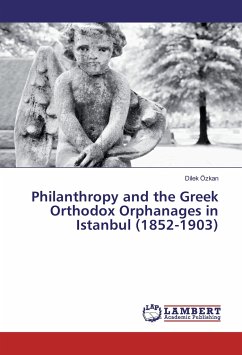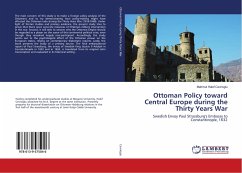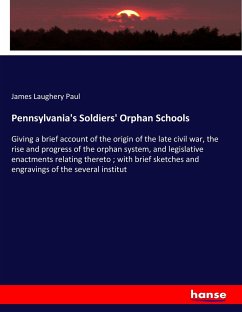This study focuses on the treatment of orphans and foundlings of the Greek Orthodox community of Istanbul and concentrates on the appropriation policies applied towards them. It discusses the role of the philanthropy in terms of providing social welfare for poor and destitute members of the community with an intention to create an idealised 'community', which was existed only in the minds of elite members. It deals particularly with the establishment of the Greek Orthodox Orphanage in 1852, as a part of National Philanthropy institutions of Eptapigio and its transfer to Prinkipo (Büyükada) in 1903. It argues that the Greek Orthodox orphanages in Istanbul, although were regarded as one of the significant elements contributing the well-being of the Greek Orthodox Community of Istanbul, their long distance from the city centre isolated and marginalised the orphans as well as increased their dependency to 'generous' donations of the wealthy members of the community.
Bitte wählen Sie Ihr Anliegen aus.
Rechnungen
Retourenschein anfordern
Bestellstatus
Storno








